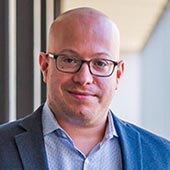
2024 News


Meet the Researchers: Jes Sanders
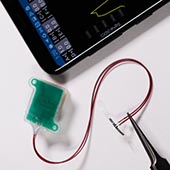
Implant and app enables patients to monitor bladder function
Researchers led by SQI members Guillermo Ameer, John Rogers and Arun Sharma have developed a new soft, flexible, battery-free implant that attaches to the bladder wall to sense filling. Then, it wirelessly transmits data to a smartphone app, so users can monitor their bladder fullness in real time.
While this new device is unnecessary for the average person, it could be a game-changer for people with paralysis, spina bifida, bladder cancer or end-stage bladder disease. The sensor system also can enable clinicians to monitor their patients remotely and continuously to make more informed — and faster — treatment decisions.
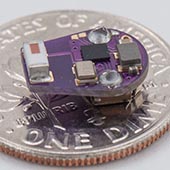
Implantable sensor could lead to timelier Crohn’s treatment
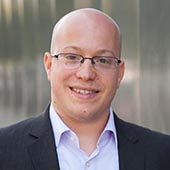
Polymer electronics feel strain and evolve during operation
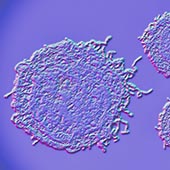
Outsmarting chemo-resistant ovarian cancer
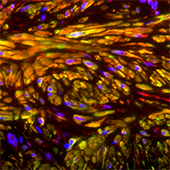
Synthetic ‘bladder patch’ promotes tissue regeneration, restores function

Hersam elected to National Academy of Engineering

SQI announces first round of Synthesizer Research Grants
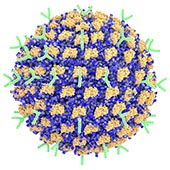
Decorated nanoparticles prevent allergic reactions
Northwestern University researchers led by SQI member Evan Scott have developed the first selective therapy to prevent allergic reactions, which can range in severity from itchy hives and watery eyes to trouble breathing and even death.
To develop the new therapy, researchers decorated nanoparticles with antibodies capable of shutting down specific immune cells (called mast cells) responsible for allergic responses, as well as an allergen that corresponds to the patient’s specific allergy. In this two-step approach, the allergen engages the precise mast cells responsible for the specific allergy, and then the antibodies shut down only those cells.
